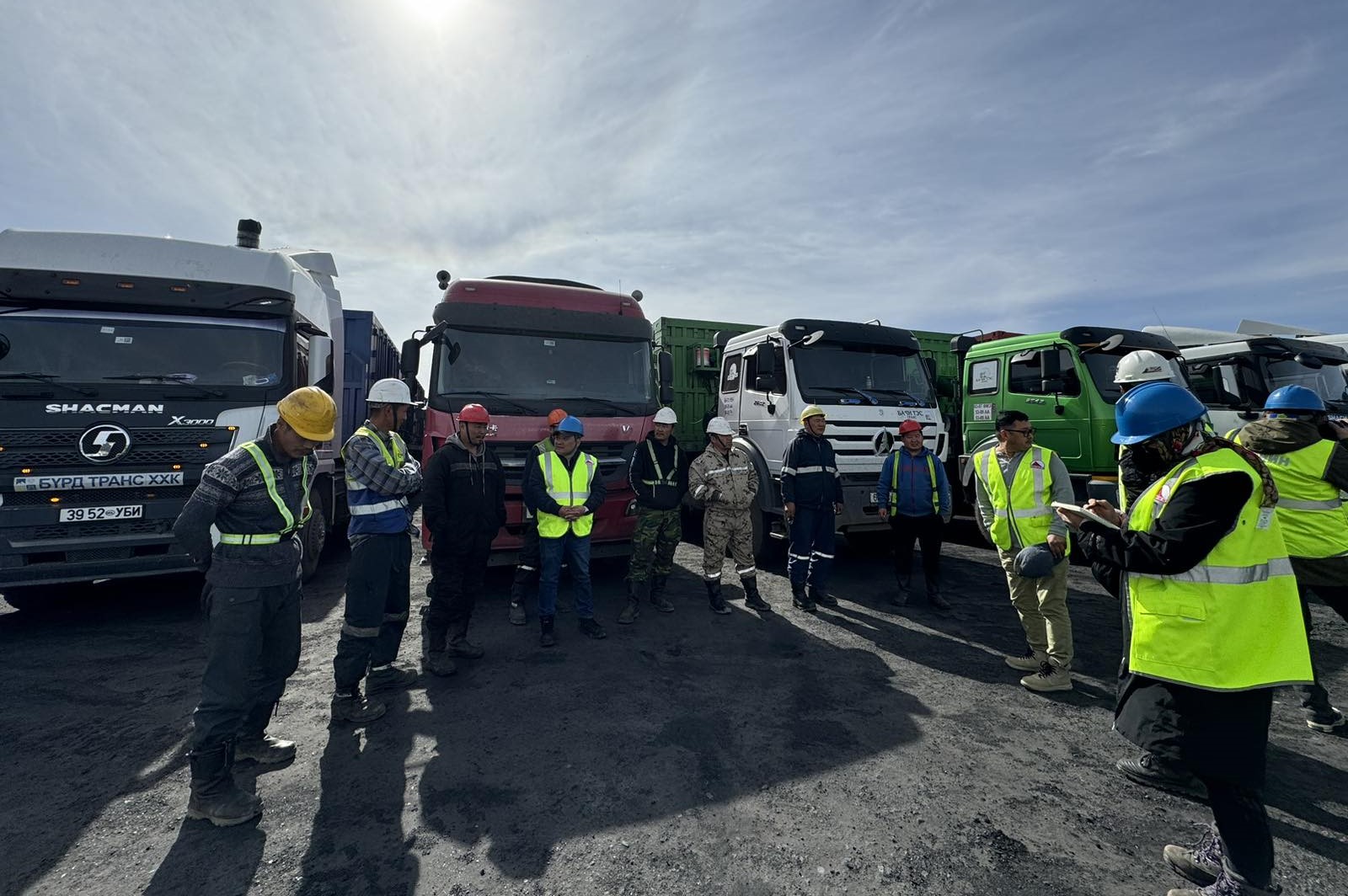Addressing Forced Labour in the Coal Transport Sector in Mongolia
Truck drivers working in
the coal transport sector in Mongolia are facing conditions akin to forced
labour, according to recent findings from the Bridge-II project. This project
aims to help Mongolia meet the International Labour Organization’s (ILO) recommendations on forced labour.
A joint team from the
Ministry of Family, Labour and Social Protection, the ILO, the Confederation
of Mongolian Trade Unions, and the Trade Union of Umnugovi Province conducted a
training and research session in Tsogtsetsii and Khanbogd soums of Umnugovi
province. The training involved truck drivers, employers from coal transport
companies, and workers from coal loading and unloading businesses, alongside
state service providers such as Gashuun Sukhait Road LLC, Tavantolgoi JSC,
Tsogtsetsii Soum’s Central Hospital, the Social Insurance Department,
and the Gashuun Sukhait Customs Office.
A survey involving 127
drivers revealed alarming conditions:
•
Unsafe working and living conditions: Drivers face severe
environmental hazards, such as dust and air pollution, which pose serious
health risks.
•
Excessive overtime and lack of breaks: Due to the limited capacity
of border checkpoints and pressure from buyers, drivers are required to work
long hours without proper rest or breaks. Many are kept on standby in their
vehicles for extended periods.
• Forced labour conditions: These conditions violate ILO standards and reflect clear breaches of labour rights, highlighting the prevalence of forced labour in the sector.
The joint team has called for immediate action by government agencies to address these violations. Collaborative efforts are needed to improve the working and living conditions of truck drivers and ensure the enforcement of labour rights in the coal transport sector.
